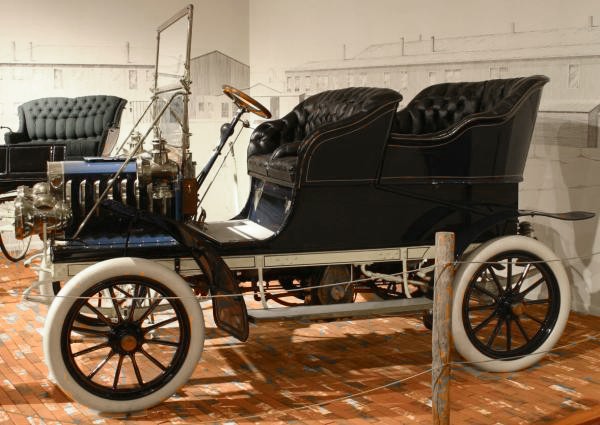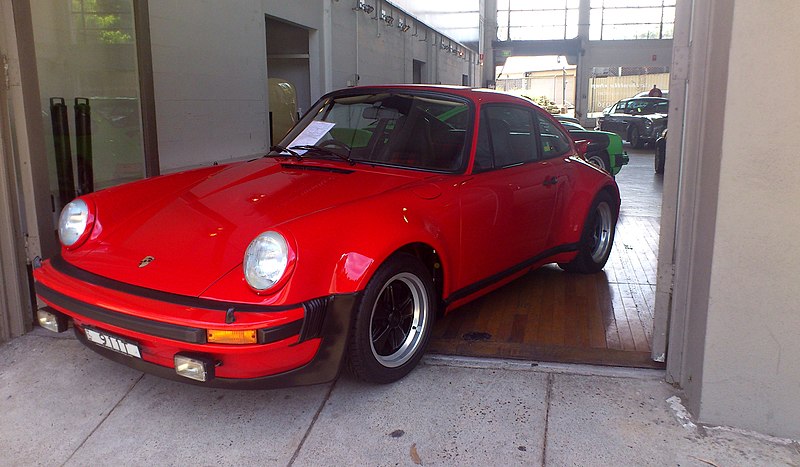To many people, the words antique, classic, and vintage all mean the same thing: old! But when it comes to classic cars, there are actually slight but key differences between these three terms. Before you begin collecting cars, it's important that you learn which cars are antiques, which are classics, and which are vintage especially in regards to how state laws affect each class.
Antique Cars
State law often defines exactly what is considered an antique car. In fact, many states will require collectors to use a special license plate for their antique cars. One of the basic guidelines that many states use is the car's age: any car over 45 years old is considered an antique. Antique cars also should be kept in as close to their original design and specifications as possible. This means owners may have to special order parts, especially if many parts are no longer produced. They also need to have antique car insurance, especially if they drive the vehicle. The guidelines that decide what is classified as an antique car do vary from state to state and country to country, so be certain to get a copy of the regulations that apply to you. Also note that an antique car can be a car, truck, motorcycle, or even something like an old farm tractor.
Classic Cars
Classic cars, which of course need antique cars insurance, are sometimes defined in the same way as antique cars. However, many people define classic cars as those that are between 20 and 40 years old. Once a car's age is over 40, it moves into the antique category. Again, a classic car should be kept as close as possible to its original specifications and manufacturer design. If it's modified or altered, the car may lose its classic standing. Another guideline that some use is that classic cars cannot have been built before 1925. Many independent car insurance companies will have their own guidelines. Classic cars include corvettes, convertibles, muscle cars, sports cars, and more.
Vintage Cars
Finally, a vintage car designation may also overlap with the antique car category. Not all vintage cars can be classified as antiques, though. This category, more than any other, really varies from state to state and between different car insurance old car companies. Often, a vintage car can be said to have been built between 1919 and 1930. Some, though, consider 1925 to be the cutoff year. Being modified or altered from the original design doesn't always mean a car isn't vintage, either. This is the category for vehicles like customized cars, street rods, and exotic cars.
So what is your car? Is it an antique, a classic, or vintage? No matter what it is, make certain that you understand the regulations for that category. You'll need to be sure you have the right license plate, the correct type of classic car insurance, and that your car is actually street legal. Also make sure you haven't modified your car too much--too many changes and it may no longer be considered antique or classic.
Preserving the legacy of vintage cars requires more than just understanding their classification. Vintage car owners also need to consider the importance of appropriate insurance coverage. Vintage car insurance provides specialized protection tailored to the unique characteristics and value of these treasured vehicles.
Insurance For Modified Cars
When it comes to insurance for modified cars, buyers should exercise more caution than normal. We often hear horror stories from owners of custom or otherwise adapted cars who thought their vehicles were covered, only to be denied a claim after an incident. Usually, this is an issue of poor communication: the buyer assumed the agent would know the car was modified, the agent assumed it wasn’t. The important lesson is always to think of your modifications when buying insurance for modified cars.
Securing proper antique car insurance is essential to safeguarding your investment. Antique car insurance offers specialized coverage tailored specifically to the unique needs of antique car owners. Antique car insurance protects your prized possession from various risks, including damage, theft, and accidents. By working with an experienced insurance provider like Leland-West, you can ensure that your antique car is adequately protected and that you have the peace of mind to enjoy your vintage vehicle to the fullest.
Popular Questions:
Do you have to declare modifications on car insurance?
Does modding your car increase insurance?



